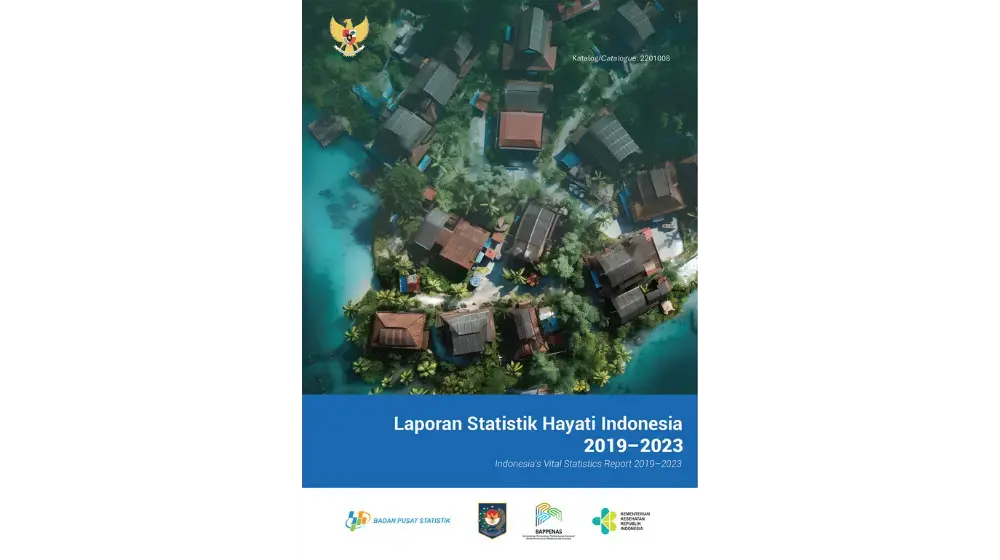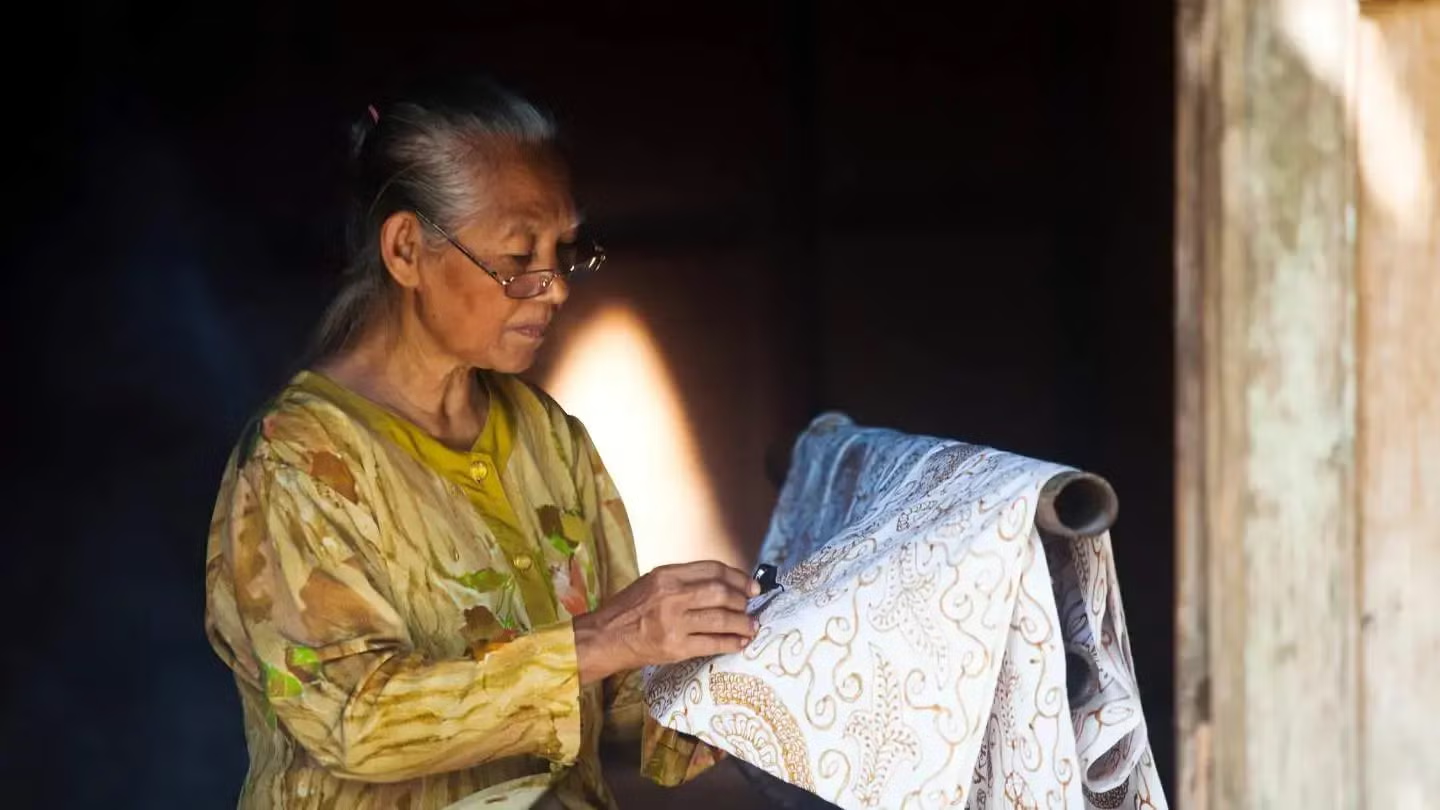Indonesia Needs to Prepare for Population Ageing
National seminar presents challenges to population aging in Indonesia
Jakarta, 2 August 2013 – United Nations Population Fund (UNFPA) in collaboration with the National Population and Family Planning Board (BKKBN) and Yayasan Emong Lansia-Help Age Indonesia organized a two-day national seminar entitled ‘Causes, Consequences and Policy Determination by Population Census of 2010’. The seminar focused on the impact of population ageing in Indonesia and the measures that out to be implemented in anticipation of the country’s future needs.
Population ageing is a well-recognized trend that is a direct result of successes in development programmes such as family planning and health. A declining birth rate and increased life expectancy has resulted in a situation where individuals aged 60 years and over are the fastest growing segments of the population. The number of children is decreasing while the proportion of the productive population aged 15-59 years is increasing. Based on the 2010 Indonesia Population Census, the population of older people in Indonesia amounted to about 18.04 million, or about 7.6% of the total population of 237.6 million people. As a consequence Indonesia must look into adjusting policies and programmes related to employment, social security, social welfare, education and health care, as well as investment, consumption and savings patterns.
The increase in percentage of older persons in Indonesia also decreases the potential support ratio, which is the number of workers needed to support one older person. In 1971, there were 21 workers supporting one older person; this has decreased to 9 in 2010 and is projected to decrease to 6 workers in 2035. In other words, the number of taxpayers is decreasing while the number of older people requiring social assistance is increasing.
“Policy makers, therefore, need to design a ‘population responsive’ policy to answer the current population trend, in this case by making the older population the focus and foundation of development,” said BKKBN Chairman Prof. Fasli Jalal. “Then, we need to enact ‘population-influencing’ policy to promote active ageing with the aim of enhancing the health, participation and security of older people. At this stage, accurate and on-going data will serve as basis.”
Acknowledging the need for data analysis on the current situation to enable evidence-based polices to be made in the future, UNFPA in Indonesia launched the Ageing Monograph: Evidence from the 2010 Census, which was written by Prof. Sri Moertiningsih Adioetomo from the Demographic Institute of Faculty of Economics, University of Indonesia (UI FEUI). The monograph explores the social and economic implications of population ageing in Indonesia and outlines a series of policy and research recommendations. It is a comprehensive analysis of the 2010 Population Census and highlights many aspects of population ageing in Indonesia.
“Population ageing needs to be addressed by both the government and the general public,” said Prof. Adioetomo. “There are still so many tasks ahead, but I hope that the availability of the detailed information in this monograph can be utilized by all related parties to address population ageing.”
“It is crucial that both government and community are engaged in facing the issues associated with Indonesia's ageing trend. State and society alike need to recognize the contributions of older people and ensure them a life of dignity and justice. It is also imperative that policymakers and community address the issues of ageing if Indonesia is to realize the potential benefits of the ageing,” said Eva Sabdono, Executive Director of HelpAge Indonesia.
“Population ageing can be a positive development if we are prepared. Countries that adapt and harness the rich potential of an ageing population may reap a longevity benefit as older people continue to make substantial contributions to society for longer periods,” added Jose Ferraris, UNFPA Representative in Indonesia. “Ultimately, countries that promote active ageing will have a competitive advantage over those that do not.”
The collection and analysis of data to enable evidence-based, targeted policies relating to population ageing aligns with UNFPA’s commitment to the ICPD Beyond 2014 Programme of Action and the Post-2015 Development Agenda. Countries must pro-actively address population dynamics, rather than merely react to changes in order to ensure the success and sustainability of development strategies.
UNFPA and BKKBN are confident that in-depth information about the profile of older people in Indonesia can be a guide for policy makers and the public. UNFPA and BKKBN are committed to the empowerment of older people in Indonesia to remain healthy, continue to actively participate in social life, and still be productive in their old age. UNFPA looks forward to the Government of Indonesia, civil society organisations and other stakeholders working together in preparing solutions to face the population aging.***
For more information, please contact:
Richard Makalew (makalew@unfpa.org)
National Programme Officer on Population and Development
United Nations Population Fund (UNFPA)
7th Floor Menara Thamrin, Jl M.H. Thamrin, Kav 3Jakarta, Indonesia
+62-21-3141308, ext 303
Tags: population, ageing




